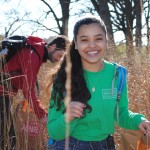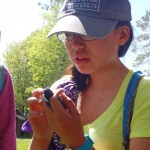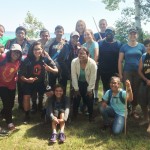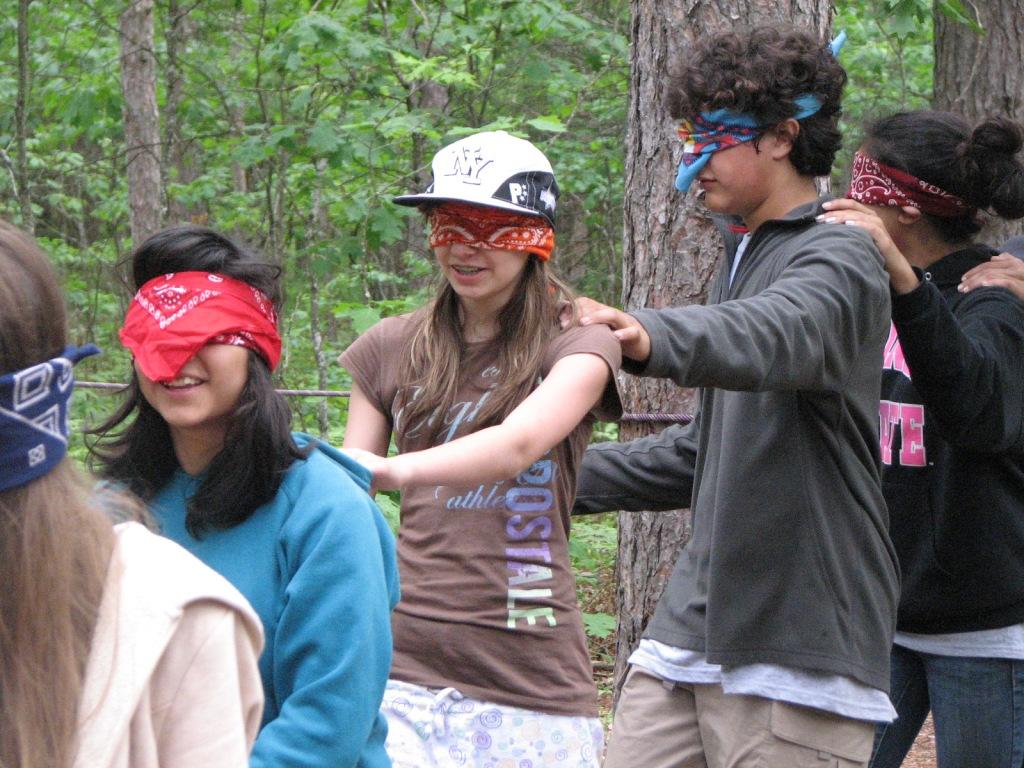
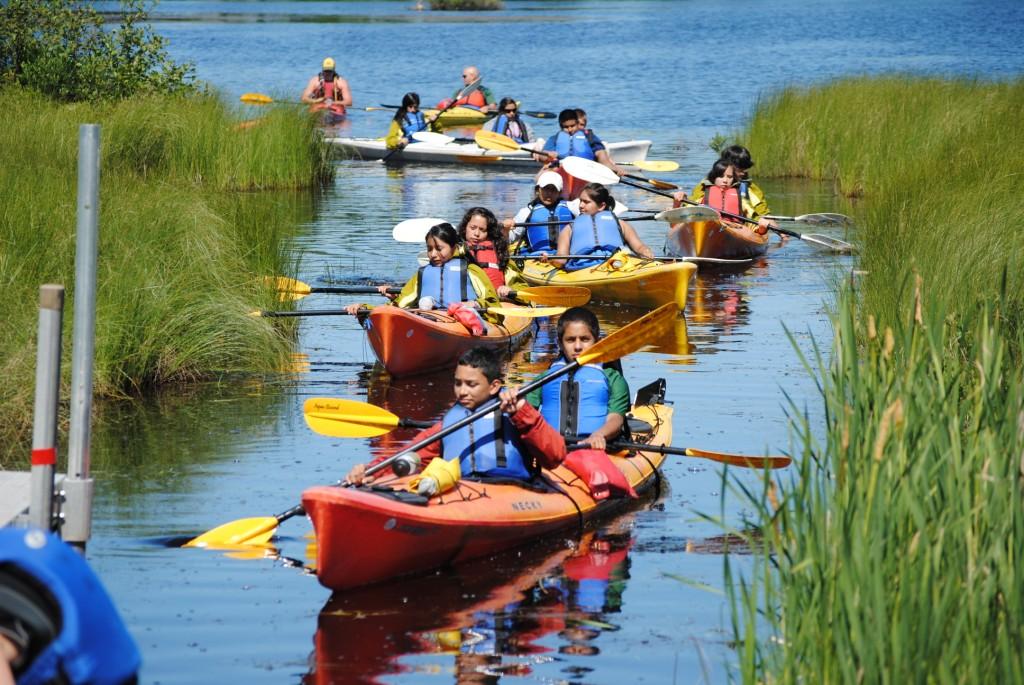
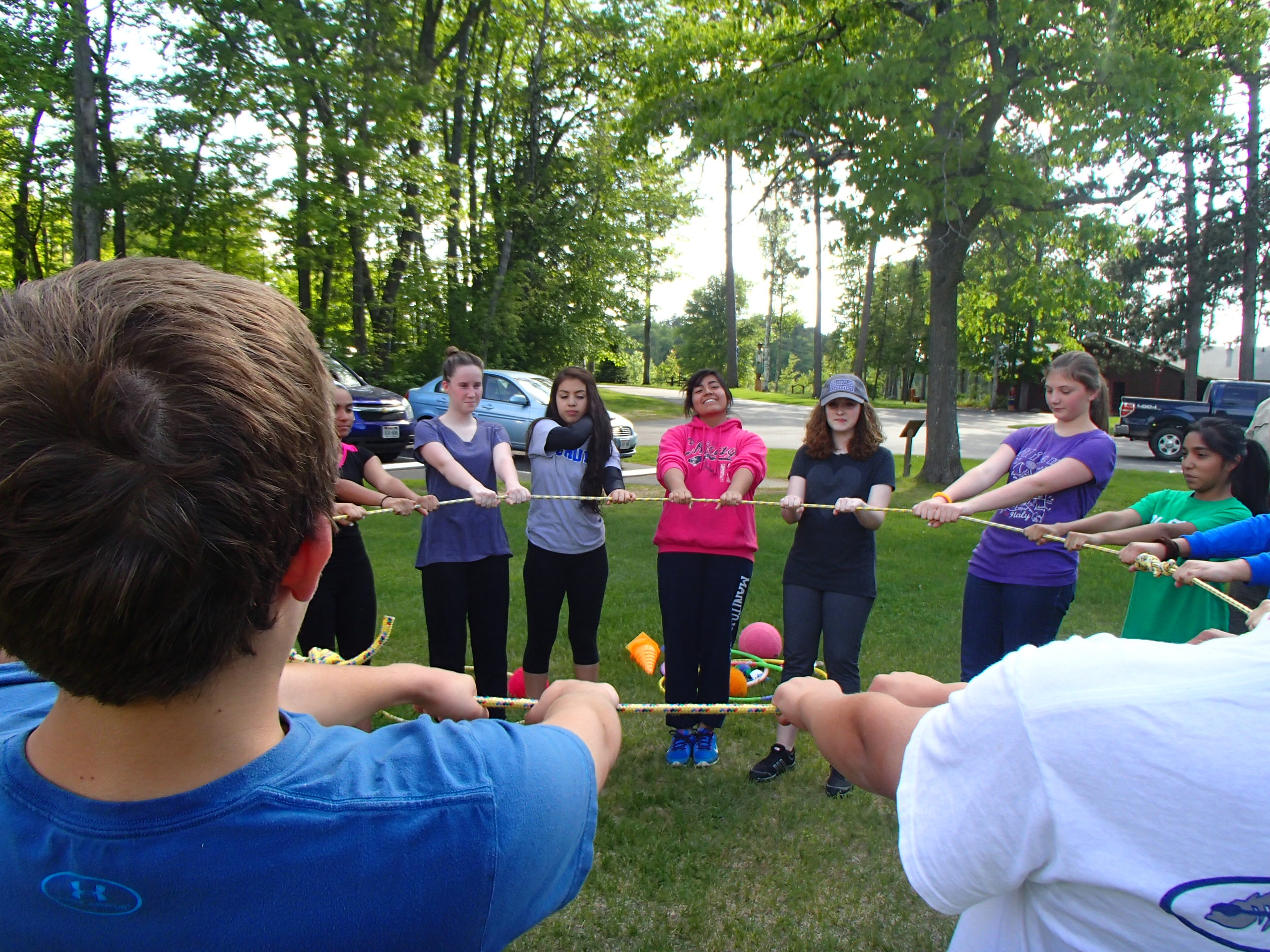
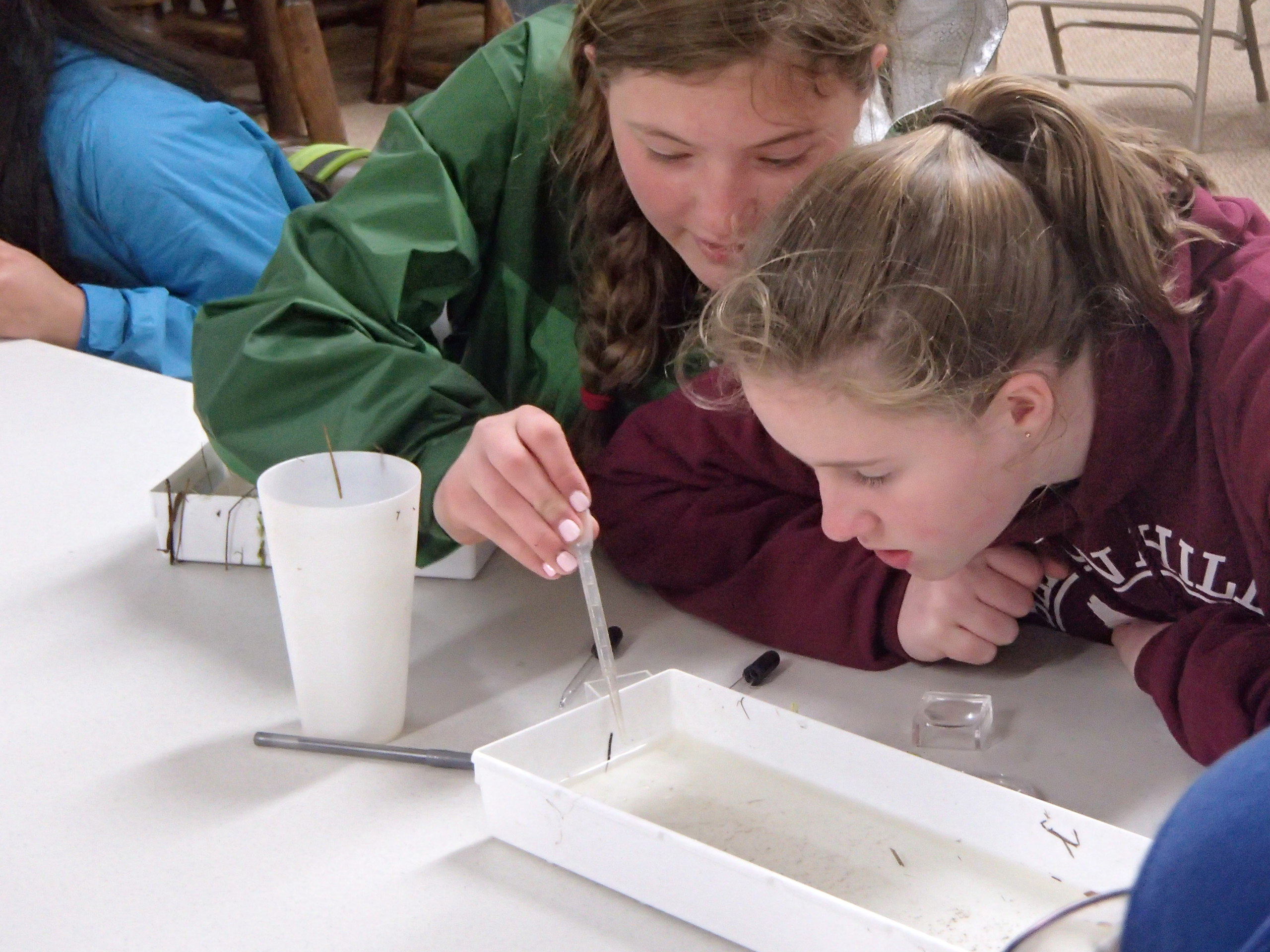
Certificate Program
For Students Completing 8th and 9th Grades
- Learn about conservation while gaining leadership skills
- Be inspired by the natural beauty of our region and beyond
- Challenge yourself in the outdoors with a group of new friends
- Make a difference in your community
The Center for Conservation Leadership Program is a unique year-long environmental education program. In it, you will develop an understanding of important conservation issues while having fun with new friends in activities that include canoeing, hiking, kayaking, scientific research, team-building, naturalist skills and leadership training.
CCL participants are motivated and enthusiastic high school students with an interest in the natural world and a passion for the environment.
Summer Program dates: June 11 - June 29, 2018
CCL will be accepting application in January for the 2018-2019 Certificate Program. Please contact [email protected] with any questions.
There are three primary components to the Certificate Program:
- Three-week residential Summer Experience
- A mentored group or individual Stewardship Project
- School year Educational Workshops, Workdays, field trips and gatherings focused on a variety of environmental issues
During the Summer Experience in June, students travel with staff to northern Wisconsin for three weeks of new experiences in the great outdoors. CCL participants hike, canoe and kayak through the region, learning about conservation while becoming immersed in nature away from home. During the Summer Experience, the group connects with the natural environment, develops leadership skills and works together as a team with a common interest in conservation.
We visit several different places during these three weeks as we work with naturalists, professors, scientists, and other conservation experts. Each week has a specific focus as the program builds on the lessons learned throughout the three weeks so that by the time the students return home, the trip becomes an integrated learning experience.
Students spend the first week gaining environmental literacy and an understanding of conservation and the connections in nature between northern Wisconsin, their homes in northern Illinois and elsewhere. Students begin to work together toward a common goal as they bring their individual experiences and perspectives to the activities and lessons.
Friendships and bonds are solidified during the second week as students focus on leadership, team skills and strengthening of naturalist skills. The week culminates in a three day camping and hiking trip through the beautiful and remote Porcupine Mountains in Michigan’s Upper Peninsula.
Students apply their newfound knowledge, understanding and confidence in the third week as they explore issues of environmental justice. This piece of the program incorporates sessions with tribal leaders, citizen action groups and professors who are doing cutting edge research in conservation and the environment. Students are introduced to the concept of stewardship and begin to formulate ideas for their own stewardship project on which they will work during the upcoming school year.
During the Summer Experience students live in both cabins and dorms. Students also participate in a two to three night camping experience. Camping equipment is available upon request.
The learning process incorporates hands-on experimentation, evaluation and inquiry. The students actively participate in thought-provoking discussion with those delivering the information. Through this, CCL Certificate Program participants are able to understand more fully environmental issues and conservation principles and to formulate their own responses to these issues.
An important part of the CCL program is Stewardship. Upon their return from the summer experience, CCL participants begin a stewardship project in their own community, devoting a minimum of 20 hours to the project over the course of the school year.
Students are paired with adult mentors who guide them through the project, giving advice and encouragement when needed. It is important that each student take ownership of the project, planning, researching and completing the service hours.
At the end of the certificate program, in May, the students present their projects to the CCL group, their families, Lake Forest Open Lands Association Board members, friends and funders. This presentation not only reinforces leadership skills as students present in front of a group of adults but underscores the impact of the projects in the students’ communities.
Student learning does not end with the last day of the summer experience! Through field trips, seminars and workshops, students in the Certificate Program explore environmental topics throughout the following school year.
Students have attended lectures, seminars and presentations on a variety of environmental and conservation subjects. They have had a chance to actively debate issues of environmental justice before experienced environmental lawyers, to hear from passionate environmentalists who have followed their passion to action, to cook healthy meals from local organic agricultural sources, to tour a LEED certified corporate headquarters with the award-winning architect, and to work alongside scientists conducting research on a vessel on Lake Michigan.
Students from previous CCL programs are also invited to these events as opportunities to continue their environmental education.
We know that students have different interests and passions. CCL encourages students to identify workdays that hold meaning for them. Student initiated ideas often result in rewarding workdays for the whole group.
Students also participate in other relevant educational events. This can be accomplished by attending anything from a presentation on coyote habits and habitats, or an information session on local food sourcing, to a Youth Environmental Symposium. Again the choice is left to the student so that he/she can choose an area of personal interest.





